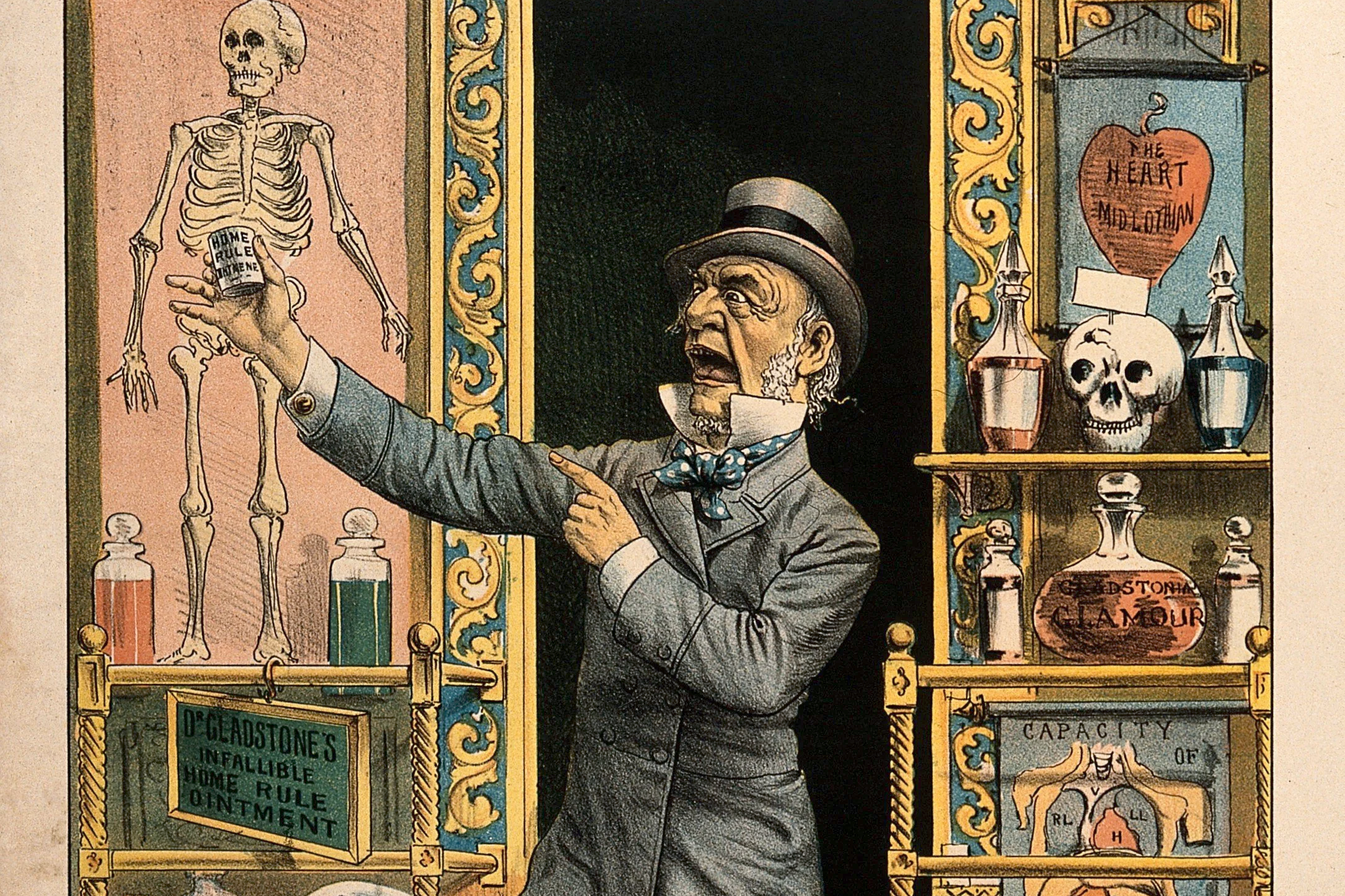Cato’s Marc Joffe reveals California’s budget blues, where fiscal follies and terrible transit threaten residents. In Silicon Valley, San Jose’s public infrastructure creaks and groans, yet project budgets blow past expectations thanks to bloated bureaucracy. Local leaders can learn from it or be doomed to the same song and dance.
Read MoreGerman Lopez in the New York Times reports on San Francisco’s lenient stance on drugs, how it’s rooted in destigmatization, has doubled overdose deaths since 2018. Harm-reduction programs like GLIDE prioritize body autonomy over treatment. Locals face a sobering reality: tolerance is enabling tragedy.
Read MoreTest scores are falling, but teachers unions still want more money to shore up job security and pay all members equitably, regardless of results. So says former Santa Clara County Board of Education candidate Shane Lewis in an Opp Now exclusive Q&A. He argues the county should protect the schools from disruptive state policies, while teachers and schools could benefit from incentive pay and a focus on outcomes.
Read MoreIt's sometimes known as "the cruellest tax." Inflation--often caused by irresponsible fed gov't policies or local gov't policies that make it harder for businesses to start and survive--is regressive in the extreme, and disproportionately hammers the least fortunate. The World Economic Forum explains.
Read MoreMany products--especially if they're not a necessity nor a monopoly--have what is called elastic demand--which means that as prices go up, demand plummets, most clearly if substitutes are available. See airline tickets, restaurants, trendy clothing. Investopedia provides a primer.
Read MoreReform California sheds light on the labor unions’ skeevy stranglehold on politics, with hundreds of millions in forced dues funneled into campaigns. Moreover, environmental law is wielded like a weapon, hurting home development. Future homebuyers in Silicon Valley cities like San Jose struggle under steep prices as a result.
Read MoreDenise Kalm’s Right on the Left Coast analyzes California’s $20 fast-food minimum wage that was meant to help workers, but has spiked prices and axed over 10k jobs instead. In Silicon Valley, costs are high, automation is at the forefront of innovators’ minds, and job scarcity worries workers; it begets the question: Is this policy progress or a recipe for disaster? If it's the latter, Bay Area burger joints might soon be staffed by bots, not teens.
Read MoreThe Daily Caller’s associate editor Nick Pope reveals how a dubious Ivy League paper, backed by activist cash, swayed policy despite contradicting robust DOE research. Cornell’s Robert Howarth’s un-peer-reviewed study, claiming LNG exports outpollute coal, sparked Biden’s LNG terminal approval freeze, evoking Silicon Valley’s energy debates. Bay Area innovators want reliable energy for tech growth, so this discovery might stir up some change.
Read MoreWhen local gov’t makes huge energy mandates—looking at you, Bay Area Air Quality Mgmt District—it’s renters and homeowners who get stuck with the bill. What’s more, “renewable” goods aren’t always ethical—or, um, good for the environment. Opp Now contributors Denise Kalm and Sandra Delvin analyze boosting affordability in the Valley in this exclusive.
Read MoreSmall businesses are particularly damaged by lesser-known, often obscured local gov't revenue grabs that erode profits and stymie growth. Tax consultants Herbein+Company explain.
Read MoreRight now, CA law says that any tax measure on the ballot must clearly state the tax rate, how long it will be in effect, and how much money it will generate. CA Assembly Bill 699 would undo those requirements, making it easier to pass tax measures that sound great on the surface but hit your wallet later. John Moorlack of CA Policy Center explains.
Read More











